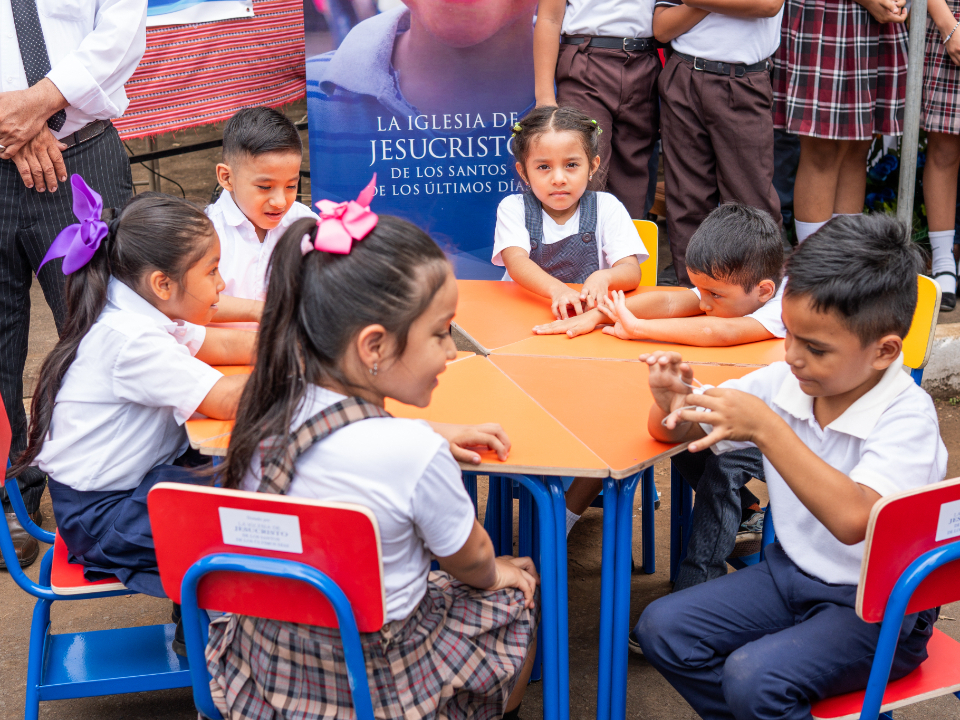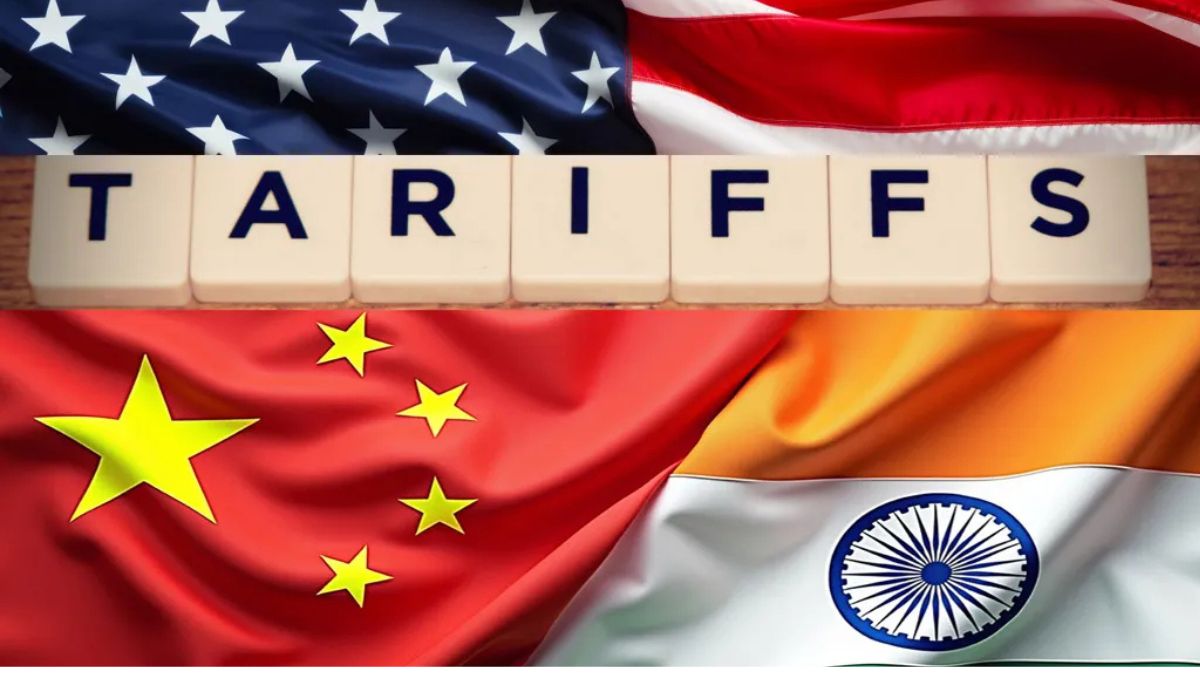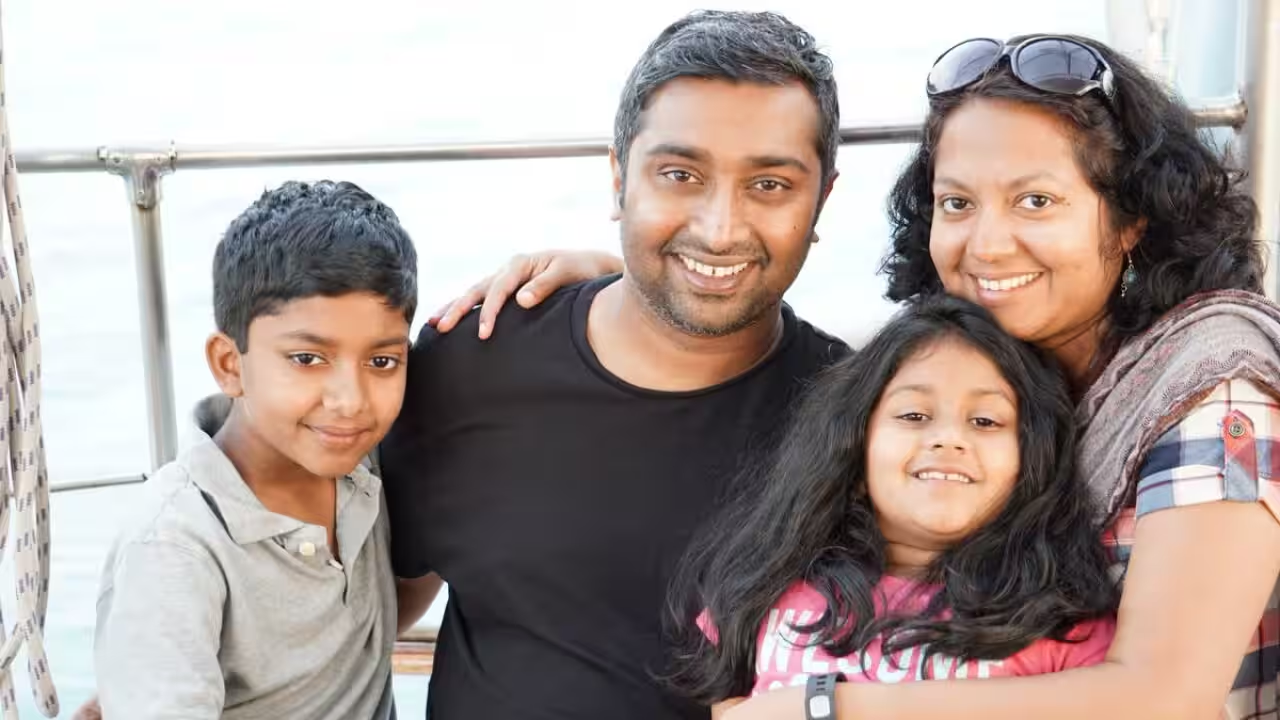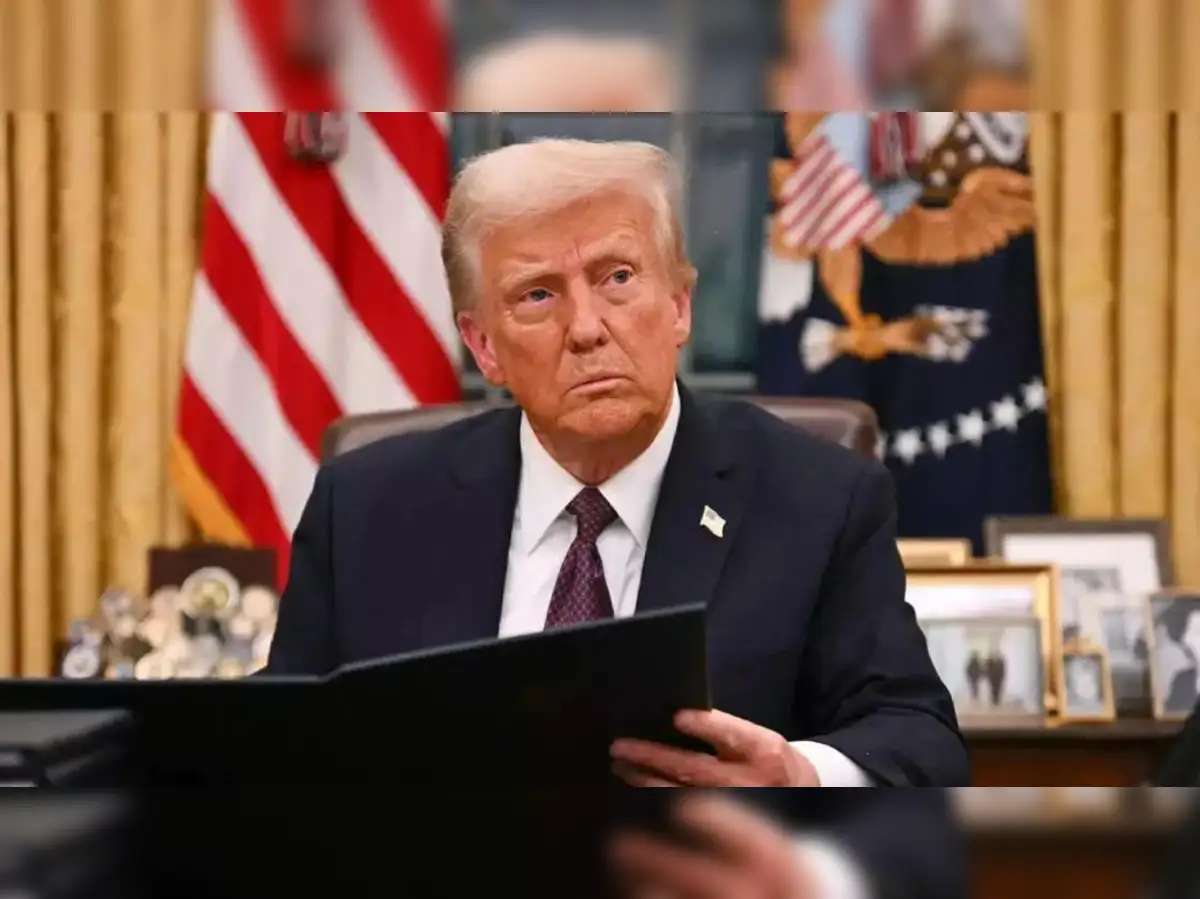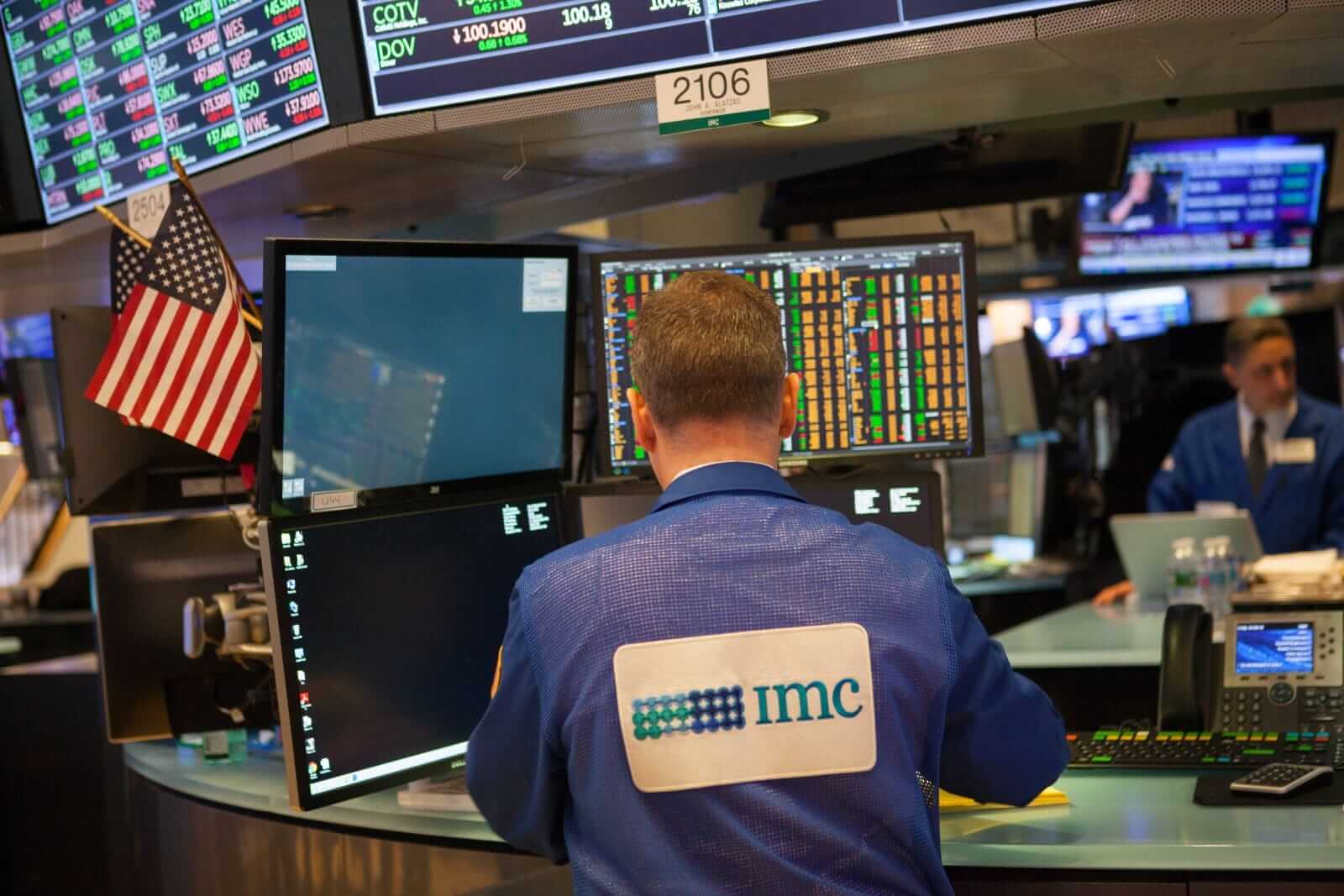
Introduction: A Thought Leader’s Perspective on Market and Geopolitical Dynamics
On July 10, Ari Rastegar, a prominent real estate investor and thought leader, appeared on Fox Business to shed light on the complex interplay between the U.S. real estate market, international tensions, and the looming risks of global catastrophe. His insights provide a rare combination of financial expertise, geopolitical awareness, and forward-looking analysis that is crucial in understanding the current economic landscape.
The Current State of U.S. Real Estate: Opportunities and Challenges
During his interview, Ari emphasized the resilience and adaptability of the U.S. real estate sector but also acknowledged significant challenges that could impact future growth. The U.S. real estate market has experienced remarkable recovery post-pandemic, driven by low interest rates, increased demand for suburban and luxury properties, and a shift in consumer preferences. However, these trends are coupled with underlying risks that investors and policymakers must navigate.
Key Factors Influencing the U.S. Real Estate Market:
- Interest Rate Fluctuations: Sharp increases or volatility in interest rates could dampen borrowing, impacting home affordability and slowing investment activities.
- Inflation Pressures: Rising inflation can erode purchasing power, increasing construction costs and reducing demand in certain market segments.
- Supply Chain Disruptions: Ongoing supply chain issues hinder new developments and refurbishments, causing shortages and price escalations.
- Demographic Shifts: Migration patterns toward certain urban and suburban areas are reshaping demand, but these trends may evolve with economic conditions.
Ari highlighted that while the U.S. real estate remains a relatively stable investment, future uncertainties mandate cautious optimism combined with strategic planning. Investors should focus on geographic diversification, sustainable development, and technological integration to mitigate risks.
Global Tensions and Their Impact on the Economy
Beyond domestic concerns, Rastegar addressed the escalation of global tensions that threaten economic stability. These tensions involve geopolitical rivalries, trade disruptions, and military conflicts that threaten to destabilize markets worldwide. The interconnectedness of today’s global economy means that any escalation can have ripple effects on U.S. markets and beyond.
Major Global Risks Discussed:
- Geopolitical Conflicts: Tensions in regions such as Eastern Europe, the South China Sea, and the Middle East could lead to disruptions in commodity supplies, especially oil and rare minerals critical to technology and infrastructure.
- Trade Wars and Sanctions: Increasing protectionism can hinder supply chains, raise costs, and slow economic growth.
- Currency Fluctuations: Volatile foreign exchange rates may unsettle international investments and capital flows.
- Regional Instabilities: Political upheaval and military conflicts foster uncertainty, affecting investor confidence globally.
Ari Rastegar emphasized that these geopolitical risks could amplify existing economic vulnerabilities, including inflation, debt levels, and market volatility. His perspective advocates for a proactive approach—monitoring international developments closely and preparing flexible strategies to adapt to rapid changes.
The Cost of Catastrophe: Preparing for the Unthinkable
One of the most compelling parts of Rastegar’s discussion focused on understanding the “cost of catastrophe.” With global tensions simmering, the potential for large-scale disruptions—whether natural or man-made—becomes a real concern. He warned that failure to prepare for such events could magnify their destructive impact.
Potential Scenarios and Risks Include:
- Natural Disasters: Earthquakes, hurricanes, and wildfires threaten infrastructure and disrupt supply chains.
- Cyber Attacks: Increasing digital integration exposes economies and companies to devastating cyber threats.
- Financial Crashes: Excessive debt, asset bubbles, or geopolitical fallout could trigger a financial meltdown.
- Global Pandemics: As seen with COVID-19, health crises can lead to economic shutdowns and long-term societal shifts.
Ari advocates for resilience planning, including diversification of assets, technological investments, and robust contingency strategies. His message underscores that “preparing for the worst is essential in navigating an uncertain future,” especially when global instability escalates.
Implications for Investors and Policy Makers
Rastegar’s insights offer practical guidance for both investors and policymakers. He suggests a dual approach—remaining vigilant about macroeconomic and geopolitical developments while pursuing innovative, sustainable investments within the real estate sector.
Strategies for Stakeholders:
- For Investors: Diversify portfolios geographically and across asset classes to hedge against regional declines and global shocks.
- For Policy Makers: Strengthen infrastructure resilience, foster international cooperation, and implement policies that mitigate economic uncertainties.
- For Business Leaders: Leverage technology, adapt to changing market demands, and incorporate sustainability into development strategies.
The dialogue also emphasized the importance of **long-term thinking** and sustainable growth, especially amid rising global tensions, which could inadvertently destabilize markets if left unaddressed.
Conclusion: Navigating the Complex Future
Ari Rastegar’s appearance on Fox Business provided a comprehensive overview of the intricacies shaping the American and global economies. His emphasis on cautious optimism, preparedness, and strategic innovation is a vital message at a time when geopolitical tensions threaten to destabilize markets and pose unforeseen risks.
Understanding these dynamics helps investors, policymakers, and consumers make informed decisions. As the world continues to confront the unprecedented challenges of our era, insights from thought leaders like Ari Rastegar guide us to resilient, adaptive, and sustainable paths forward.
Stay Informed
For more updated news please keep visiting Prime News World.




